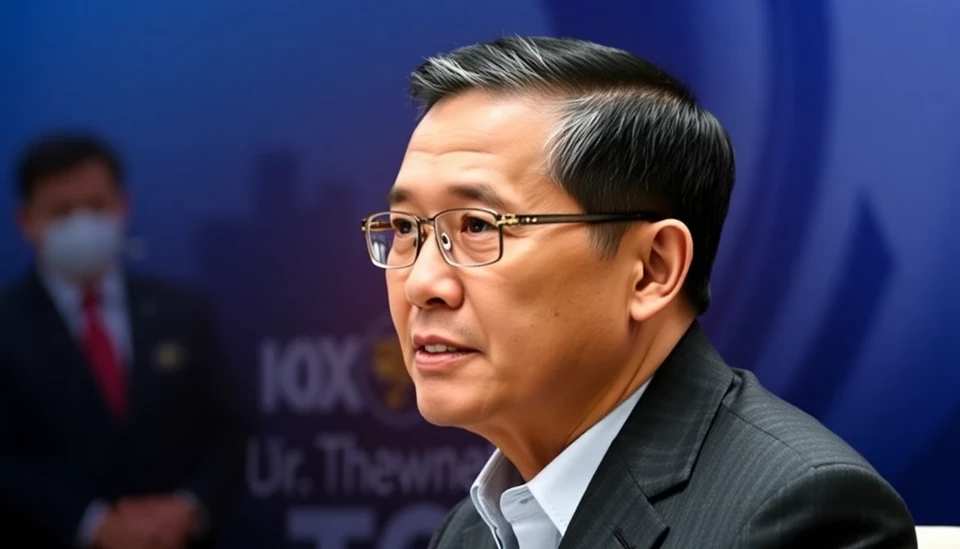
In a strategic move set to reshape its economic landscape, Thailand has finalized its trade strategy with the United States ahead of pivotal negotiations slated for next week. This announcement comes amid a backdrop of shifting global economic dynamics and expanding trade partnerships.
Thailand's government, under the leadership of Prime Minister Srettha Thavisin, has been engaging closely with various stakeholders, including industry leaders and economic experts, to outline a comprehensive framework aimed at enhancing bilateral trade and investment with the US. The goal of these talks is to address areas of mutual interest and cooperation, ranging from agricultural exports to technology and intellectual property rights.
As the two nations prepare to enter into discussions, the Thai administration has made it clear that they are open to addressing lengthy-standing trade barriers that have hampered growth and collaboration. This includes streamlining customs procedures, reducing tariffs, and enhancing market access for Thai goods and services.
Key sectors expected to benefit from these negotiations include agriculture, where Thailand aims to bolster its exports of popular products such as rice, seafood, and rubber. Additionally, the country is looking to establish a stronger footing within the US's burgeoning technology market, emphasizing innovation and the sharing of expertise in areas like digital technology and renewable energy.
These developments are particularly significant given recent trends that see various countries reassessing their trade relationships in the wake of global economic challenges. The Thai government’s proactive stance shows its commitment to fostering a robust economic partnership with the United States, which is seen not just as a trade alliance but as a vital geopolitical alignment.
Moreover, this strategy aligns with Thailand’s broader economic goals, including becoming a regional hub in Southeast Asia and capitalizing on opportunities presented by the US-China trade tensions. By enhancing ties with the US, Thailand hopes to attract more foreign direct investment and promote sustainable economic growth.
In preparation for the upcoming discussions, officials are focused on ensuring that negotiations reflect not only economic interests but also shared values and mutual respect for each nation's socio-economic context. There is an emphasis on creating a balanced framework that serves the interests of both sides effectively.
As these talks approach, the world will be watching closely to see how Thailand's economic strategy unfolds and what implications it may have for international trade relations moving forward. The outcome could potentially set a precedent for other Southeast Asian nations looking to strengthen ties with the US.
This landmark initiative illustrates Thailand's ambitious efforts to diversify its economic partnerships and solidify its position on the global stage as a key player in trade and investment.
With these discussions on the horizon, stakeholders from both Thailand and the US are hopeful that they can forge a path toward a more collaborative and prosperous future.
In conclusion, this trade strategy represents a significant step forward for Thailand as it navigates the complexities of international trade relations while setting itself up for a prosperous future.
#Thailand #USTrade #TradeStrategy #EconomicPartnership #GlobalTrade #SretthaThavisin #InvestmentOpportunities #SoutheastAsia #BilateralRelations
Author: Daniel Foster




